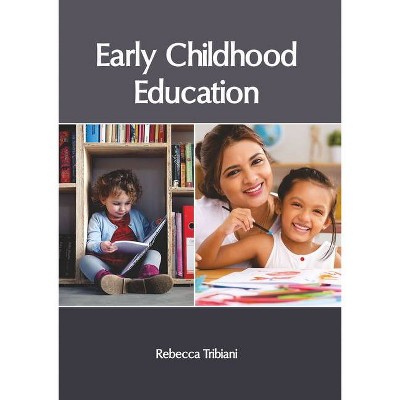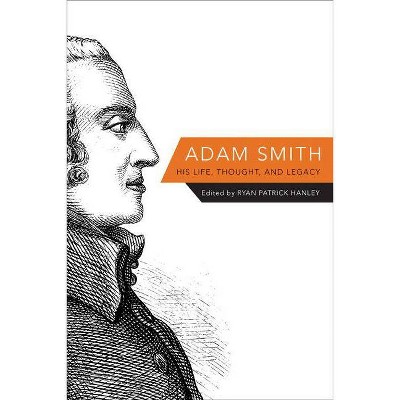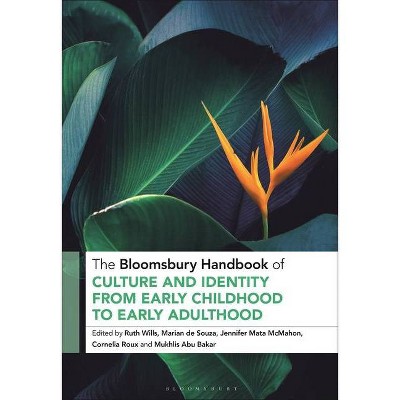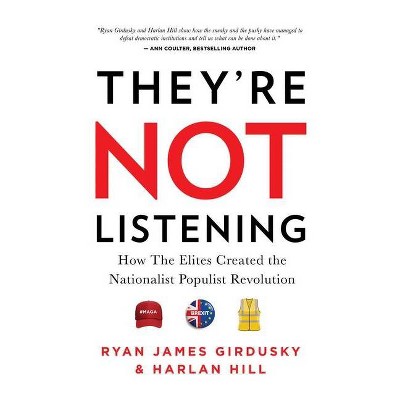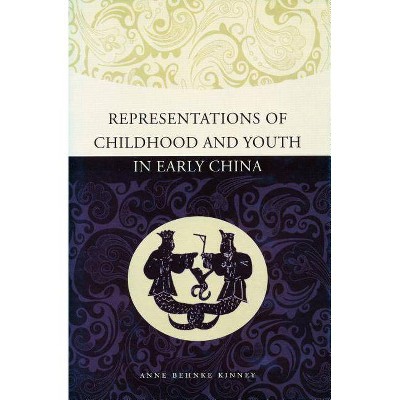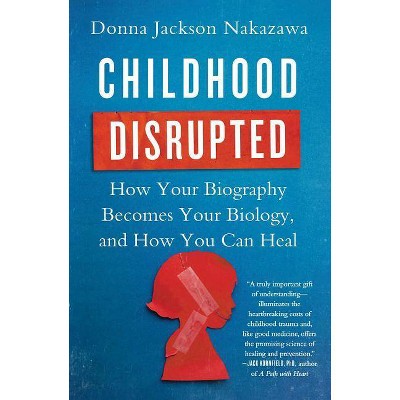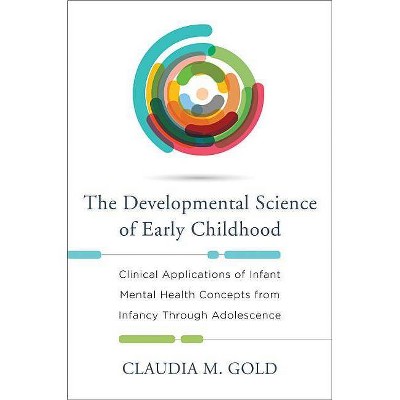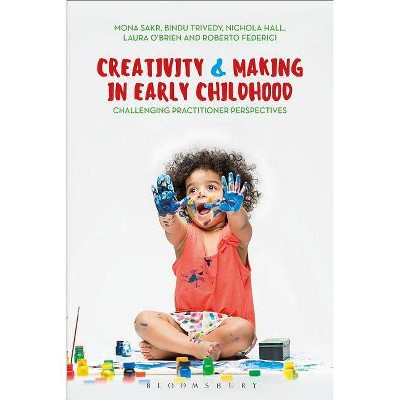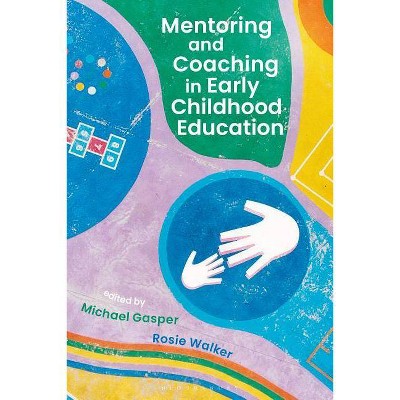Story Listening and Experience in Early Childhood - by Donna Schatt & Patrick Ryan (Hardcover)
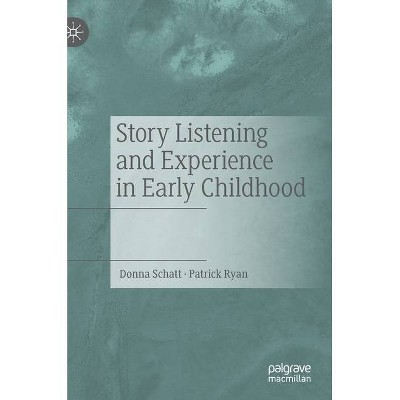
Similar Products
Products of same category from the store
AllProduct info
<p/><br></br><p><b> Book Synopsis </b></p></br></br>Chapter 1. What storytelling is and isn't: "I knew where I was the whole time"<br>Chapter 2. Increasing engagement and focus: "I am able to really listen. It's because of the stories"<br>Chapter 3. Enhancing reader comprehension through visualization: "So, it was like, in my mind an activity" <br>Chapter 4. The benefits of repeated story listening: "Sometimes I get so hypnotized I forget where I am..."<br>Chapter 5. Using shared experience to build classroom community: "We were in a group, but I didn't pay any attention to the other kids. The story was being told to me and I got to take it and go." <br>Chapter 6. Collateral learning and the development of independent learners: "And it's funny, I get stuck in bookstores...I go looking for stories more than other people."<br>Chapter 7. Reasons for investing time in storytelling and how to get started: "How often would you have to tell stories to your own children to have them get this experience?"<p/><br></br><p><b> From the Back Cover </b></p></br></br><p></p><p>"The great significance of this book cannot be overstated. This is a marvellous book, with research to demonstrate how children learn through listening to oral stories and how educators learn by listening to children. The authors' insights call for more reform in how we educate our children today. It should be a standard book for storytellers and educators alike!"<br>--<b>Jack Zipes</b>, Professor Emeritus, University of Minnesota, USA, and author of <i>Creative Storytelling </i>(1995) and <i>Speaking Out</i> (2004)</p><p>"Every rare once in a while a book emerges that is required for our times. This is such a book. The early childhood field has long understood the importance of storytelling as the perfect antidote to modern life and didactic education practices. This book gives us the proof of its impact and provides a road map for implementation."<br>--<b>Harriet Meyer, </b>Former President of The Ounce of Prevention Fund, USA</p> <p>This book shows connections between oral story listening and unique, enduring educational effects in and outside of the classroom. Using scientific studies and interviews, as well as personal observations from more than thirty years in schools and libraries, the authors examine learning outcomes from frequent story listening. Throughout the book, Schatt and Ryan illustrate that experiencing stories told entirely from memory transforms individuals and builds community, affecting areas such as reading comprehension, visualization, focus, flow states, empathy, attachment, and theory of mind.</p><p></p><p/><br></br><p><b> About the Author </b></p></br></br><p></p><p></p><p><b>Donna Schatt</b> is a storyteller, researcher, librarian, and writer based in Chicago, Michigan, and New York, USA. She is currently researching the effects of oral story listening on visualization abilities, as well as writing a novel.</p><p><b>Patrick Ryan</b> is a storyteller, teacher, researcher, and writer, based in Belfast and working throughout the UK, Ireland, Europe, and North America. He is the author of <i>Shakespeare's Storybook </i>(2001)<i> </i>and several articles on storytelling.</p><p></p><p></p>
Price History
Price Archive shows prices from various stores, lets you see history and find the cheapest. There is no actual sale on the website. For all support, inquiry and suggestion messages communication@pricearchive.us

